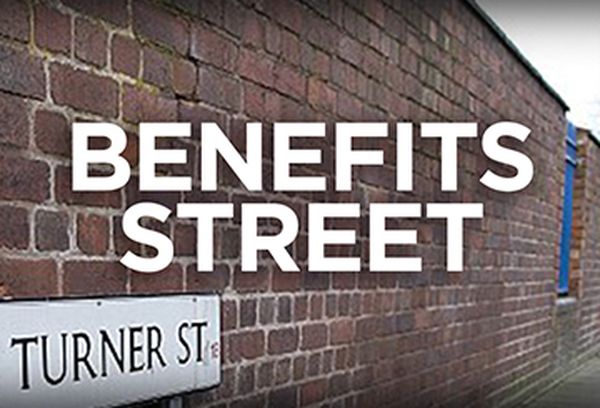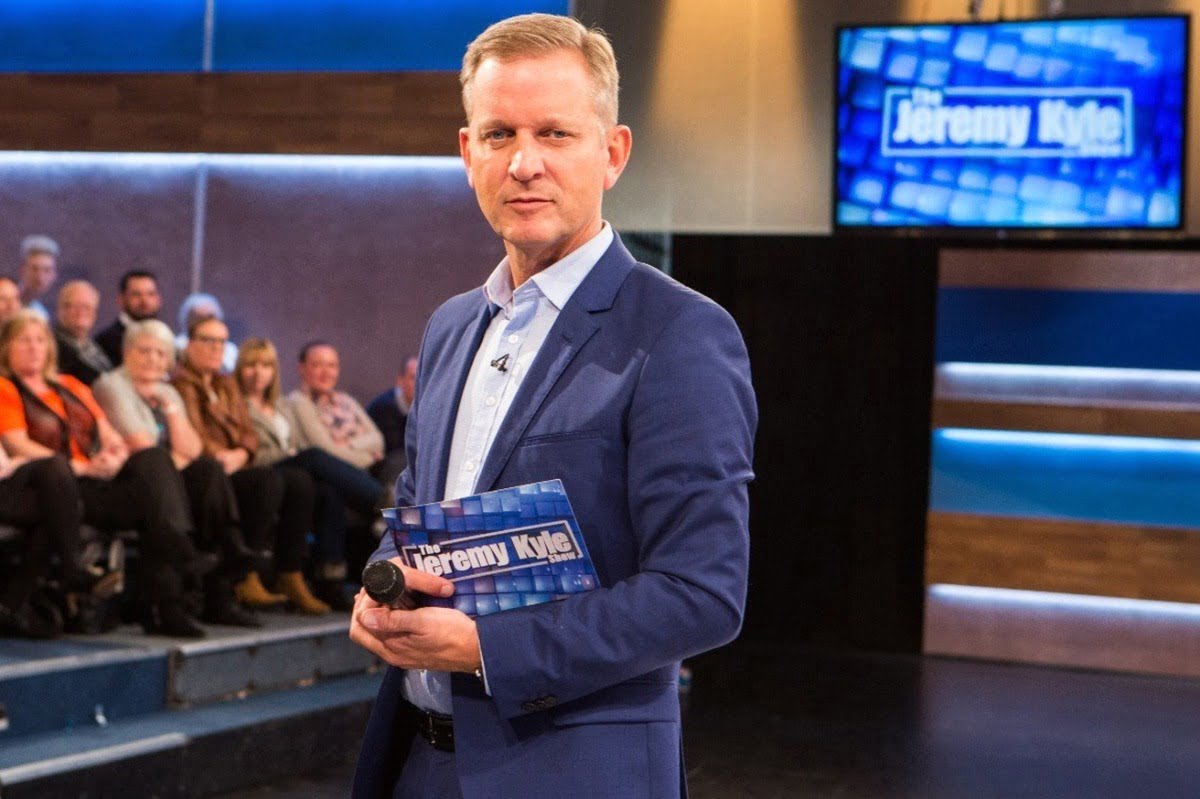The recent scandal that has engulfed The Jeremy Kyle Show has lifted the lid on the worst practices of elitist TV producers, who exploit the poor and vulnerable for the sake of cheap entertainment. We need public television made by the working class, for the working class.
Last week, the heads of ITV axed The Jeremy Kyle Show following the tragic suicide of Steve Dymond, 10 days after appearing on the show. This was an in-house ITV production, and was the channel’s most popular daytime show, in its 17th series. Given this, and ITV’s falling share price in recent months, this action was clearly not taken lightly.
What happened?
Steve Dymond and his fiancée Jane Callaghan were bought onto The Jeremy Kyle Show to ‘fix’ their relationship. Jane had become suspicious after Viagra had gone missing. There was suspicion that he had been unfaithful to his fiancée. To find out the truth, the show carried out a lie detector test. Babette Lucas-Marriot, one of the audience members, recalled:
“He was crying from the very beginning, and he was so convinced he would pass this test, and that everything would be fine…and then Jeremy brings out the lie detector test. And he asked the audience who thinks he’s going to pass and 99% of the audience put their hand up including myself.
“And then he [Jeremy Kyle] said he had failed, and you just saw him collapse to the ground, absolutely just couldn’t believe what he’d heard. And you know he was begging his fiancée for forgiveness…they both were sobbing, they were just completely and utterly devastated. And it was clear that he’d, he’d just lost his entire life with his fiancée there.”
According to other studio audience members, Kyle had then gone onto to rip into Dymond after failing the test about his infidelity.
On Sunday 12th May, news filtered through to ITV headquarters of Dymond’s death, and the production was cancelled to save face.
Following the concerns over his death, potential government intervention, and clearer and clearer evidence linking his death directly to him being on the show, ITV axed the show permanently, revoking all online material, YouTube clips, and its Facebook page.
Further revelations in recent days have exposed that more vulnerable people have taken their life after being on the show. And many more have come out saying the experience had ruined their lives.
Abusing the vulnerable
 Since the turn of the century, more and more content on screen has become about reality TV and the lives of ordinary individuals. Not all of this content is bad of course. Game shows test intellect; cooking shows test culinary skills.
Since the turn of the century, more and more content on screen has become about reality TV and the lives of ordinary individuals. Not all of this content is bad of course. Game shows test intellect; cooking shows test culinary skills.
But productions such as The Jeremy Kyle Show take predominantly working-class individuals with complex social issues and sensationalise these into a reductive narrative. Serious and complicated problems are portrayed as simply being the product of lack of personal moral character.
Scenarios like “Am I the real father?” to “Leave your fiancé, he had sex with me in a graveyard!” are commonplace. Contributors on the show are baited and made to fit the part. As one runner on the show revealed:
“The clothes you see the guests wear are sometimes not their own. The show might give them a basic jeans and T-shirt combo or sometimes a more stereotypical tracksuit and hoodie look…
“Just before going on-air, the producer or researcher stood with guests just inches away from where they would meet Jezza…and say one final remark. I once heard a producer tell a guest: ‘We don’t want you to be violent – but you do whatever you need to do out there.’”
The Jeremy Kyle Show in particular played an important role in underpinning Thatcherite ideology: that it is the moral ills of ordinary individuals – not systemic flaws – that are the cause of the social decay we see within society.
Put bluntly, what these shows are implicitly saying is that the working class and the poor are too fat, lazy, unfaithful, and selfish; that they have too many babies, are alcoholics, drug addicts, and live off the welfare system; and that it is their own personal fault for the situation they find themselves in.
By painting such a picture, this kind of sensationalist TV – echoed in the pages of rags like the Sun and the Daily Mail – decreases support for the welfare state in society, de-incentivises anti-poverty initiatives, and divides the working class in the face of the real exploiters: the capitalists and their Tory representatives.
Boosting ratings
 Whilst Jeremy Kyle is probably the worst offender, it is by no means the only one.
Whilst Jeremy Kyle is probably the worst offender, it is by no means the only one.
The ‘documentary’ Benefits Street shamed an entire street of people under a false premise of understanding the government’s austerity programme. Channel 4’s Shameless, set in a fictional council estate in Manchester, is a gross take on British working class culture and life. And Big Fat Gypsy Weddings crudely depicted Romany and Traveller communities – so much so that it increased hate crimes against them.
Elsewhere, ordinary people are still abused on shows that promise a coveted life of fame and fortune. ITV’s Love Island, for example, has had two of its former contestants commit suicide, with many speaking out against the constant pressure put on them by producers to look and act a certain way. Recently stars on Ex On The Beach have spoken of how producers pushed them to have sex on screen.
All of this to boost the ratings – and, in turn, the profits of the big media corporations.
Transform television
Central to all of these productions are commissioners and executives from privileged backgrounds who have a particular idea of society, and of what ‘the people’ want to watch.
This reflection of their worldview is painfully obvious if one compares how much content is produced on the Royal Family, and how they are positively portrayed, in comparison to those from working-class backgrounds.
Guardian journalist Owen Jones outlined most of these arguments many years ago in his popular book Chavs: The Demonization of the Working Class. Yet the television industry – and those who run it – have not changed one bit. Ordinary people’s lives and mental health are still considered secondary to cheap entertainment value.
The narrative being pushed on television currently reflects the views of out-of-touch TV commissioners and elite executives, who have an utter contempt for the working class. This is why we need a media that is publicly owned – run and controlled by workers.
The revolution may not be televised. But television clearly needs revolutionising.






